In the context of the ongoing and possible escalation of the Palestinian-Israeli conflict, Chinese car companies have risen rapidly in Israel. After South America, Russia and Southeast Asia, Israel has become the next stop for Chinese cars to go overseas, and it is the country with the highest market share among developed countries.
According to data from the Israel Automobile Importers Association, in the first eight months of this year, about half of the new energy vehicles (including hybrids) licensed in Israel were Chinese brands, of which Chery and BYD ranked third and fourth, second only to Toyota and Hyundai, which mainly promote gasoline-electric hybrid vehicles.
In terms of pure electric vehicles, 9 of the top 10 car companies are from China, and only 1 Tesla is from the United States, ranking 5th.
The share of Chinese cars in the overall Israeli auto market is increasing rapidly
If you look at the official data released by the Israel Automobile Import Association, as of the second quarter of 2025, the market share of cars made in China will reach a record 28.7% (the dark blue line in the figure below, the trend is steep), and in the first quarter of 2021, this figure is only 1%.
China is the only country among all Israeli car importers whose market share has been rising for many years, second only to Europe’s 31.2%, surpassing South Korea’s 19.5% and Japan’s 15.9%.
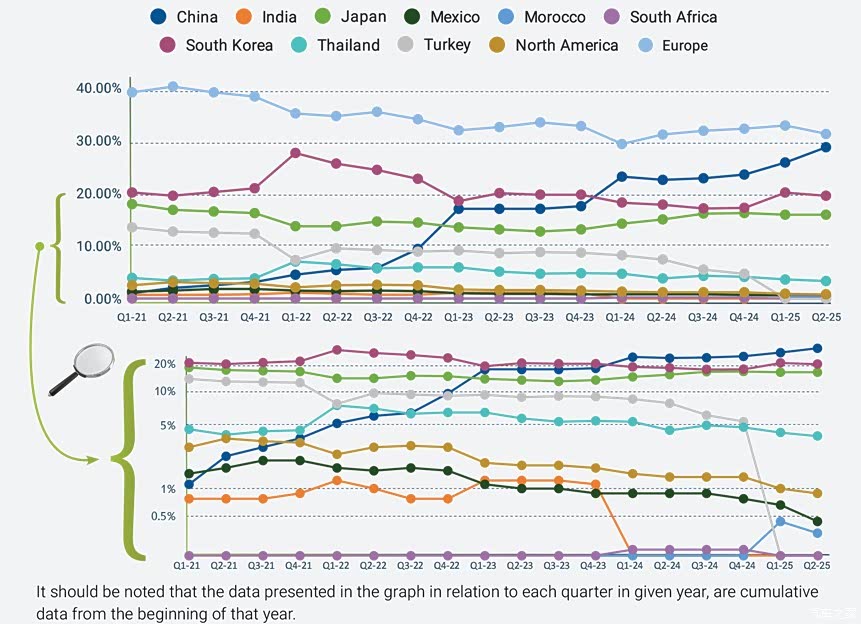
Source: Israel Automobile Import Association
The Palestinian-Israeli conflict continues and there is a possibility of escalation
The Israeli government plans to “take over Gaza” completely, and the Israeli government plans to expel all civilians in Gaza City by October 7, 2025, affecting about 800,000 people, many of whom are already displaced.
The Israeli army will then besiege Gaza City for three months, and then spend another two months controlling refugee camps in central Gaza and eliminating all Palestinian armed groups in the area.
If these plans are implemented, Gaza may suffer another catastrophe that will impact the entire region

The conflict originated on October 7, 2023, when Hamas, the Palestinian armed group that controls the Gaza Strip, intensively fired about 3,500 rockets at Israel, and sent ground forces to enter Israeli-controlled areas through multiple channels of sea, land and air, taking Israeli soldiers and civilians hostage, resulting in the death of about 1,200 Israelis.
Xpeng was hit by a missile in Israel and did not catch fire, and quickly got out of the circle
In June 2025, during an Iranian missile attack on Israel, the rocket engine of a ballistic missile fell to the ground, hitting multiple cars and causing a fire, but the only one that did not catch fire was a Xpeng SUV G6.
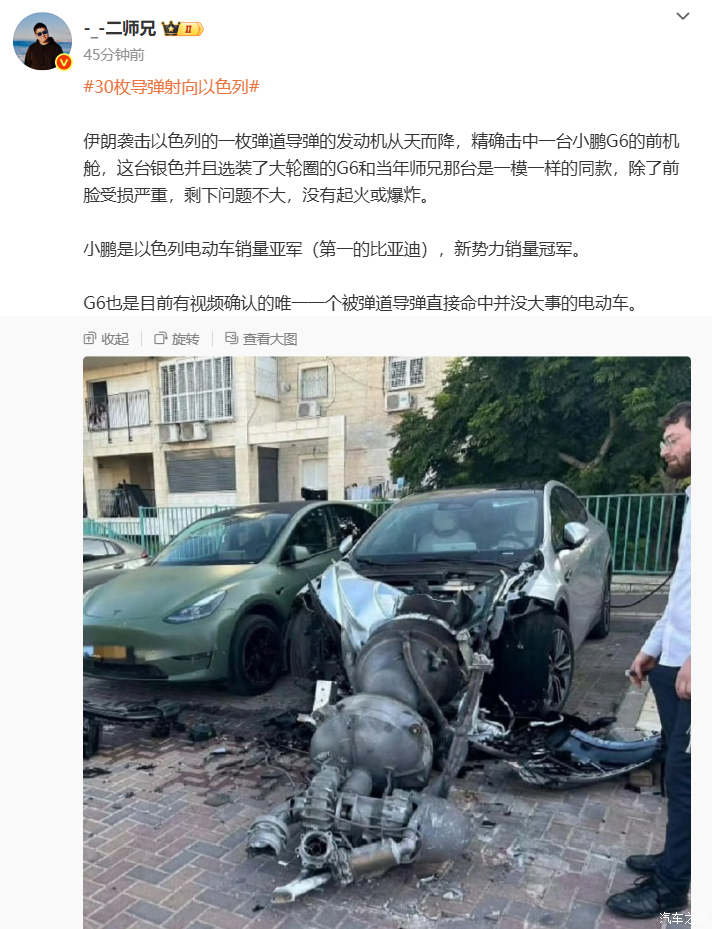
Source: Weibo, Xpeng was hit by missile fragments and did not catch fire
Israel’s economy has maintained positive growth even in the midst of the war
Even in the midst of the war, Israel’s GDP growth over the past three years has averaged 3%, although it has slowed significantly due to confirmed impact. In the past 20 years, Israel has only experienced negative GDP growth during the pandemic. The Organization for Economic Co-operation and Development (OECD) predicted in April that Israel’s GDP would grow by 3.4% this year and reach 5.5% in 2026.
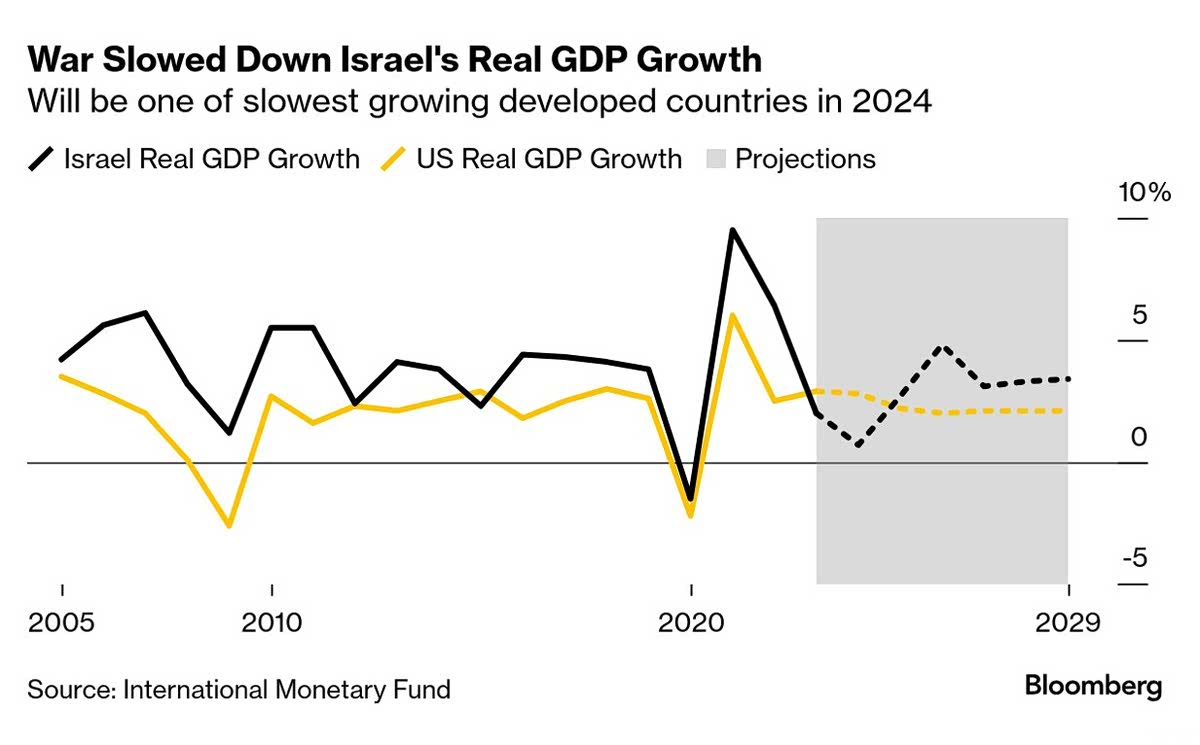
Source: Bloomberg, IMF, Israel’s economy has maintained positive growth despite the war
Israel has been rapidly switching to new energy vehicles since 2018
In 2018, the Israeli government announced that it would ban the import of fuel vehicles from 2030 and guide Israelis to buy new energy vehicles by reducing the purchase tax on electric vehicles and vigorously building charging piles.
In 2020, the purchase tax on electric vehicles purchased by Israelis was set at 10%, much lower than the 83% for fuel vehicles. Since then, relevant incentive policies have continued to decline, with the purchase tax on electric vehicles rising from 20% in 2023 to 35% in 2024 and to 45% this year.
Even so, the trend of electric vehicles replacing gasoline vehicles is still unstoppable. According to data from the Israel Automobile Importers Association, by the second quarter of 2025, only more than half of Israel’s new cars are new energy vehicles, and the proportion of newly licensed cars being fuel vehicles has dropped to 40.7%, compared with 47% in the second quarter of 2024 and 54.9% in the second quarter of 2023.
Short comment
Israel is a small country, and many people will choose to charge at home, and the requirements for infrastructure such as public charging piles are not high, which is one of the reasons for the rapid popularity of electric vehicles. Israel can accumulate experience for Chinese car companies to enter other developed countries, such as China’s “bosses” like to sit in the back of the car and hand over the car to the driver, but Israel, like other Western countries, pays more attention to the experience of the front driver, and Chinese car companies need to pay special attention to localization needs when exporting products.





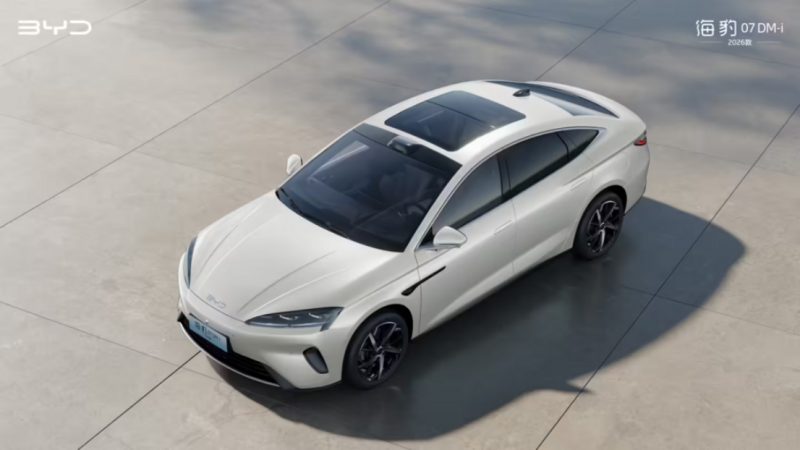
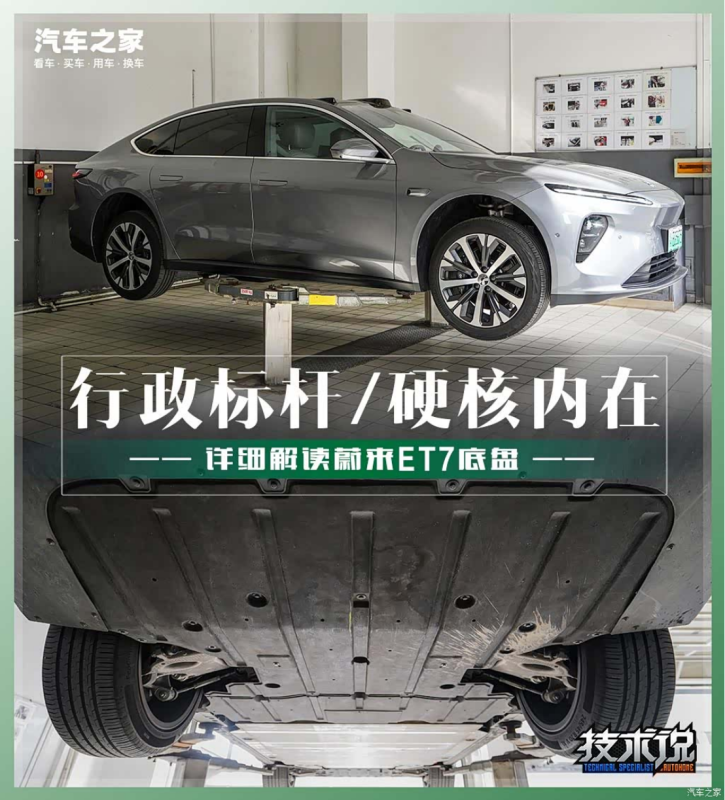
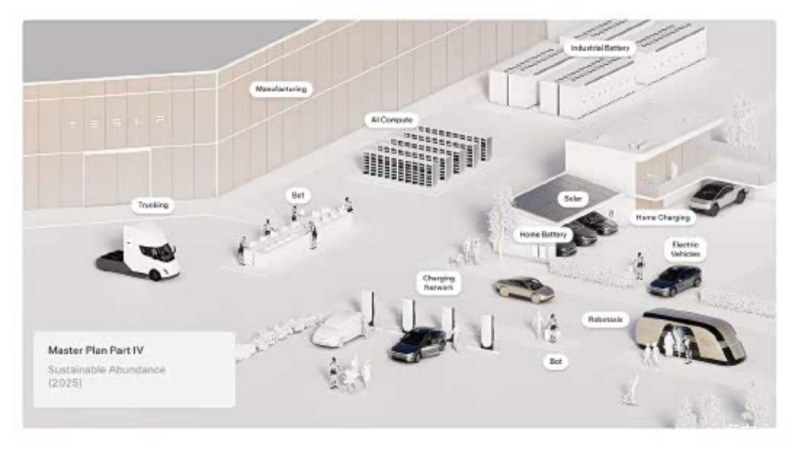
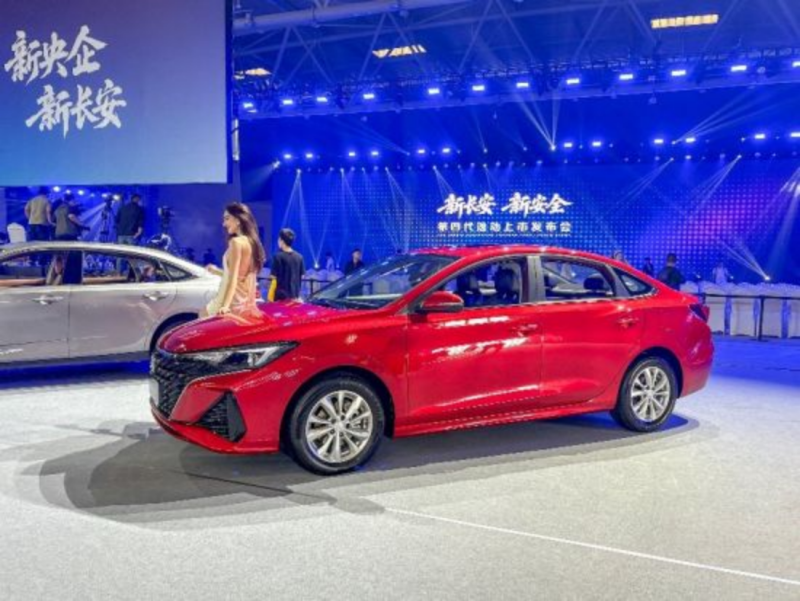
No comment content available for the moment